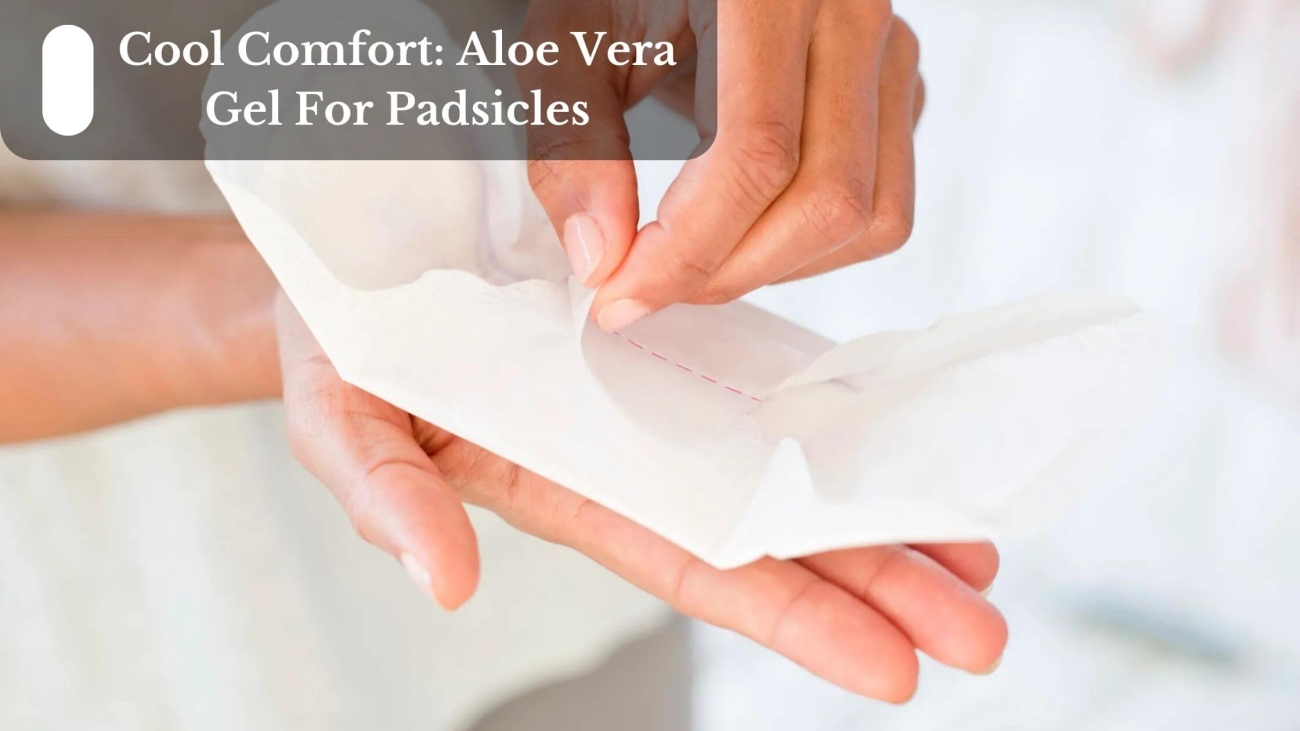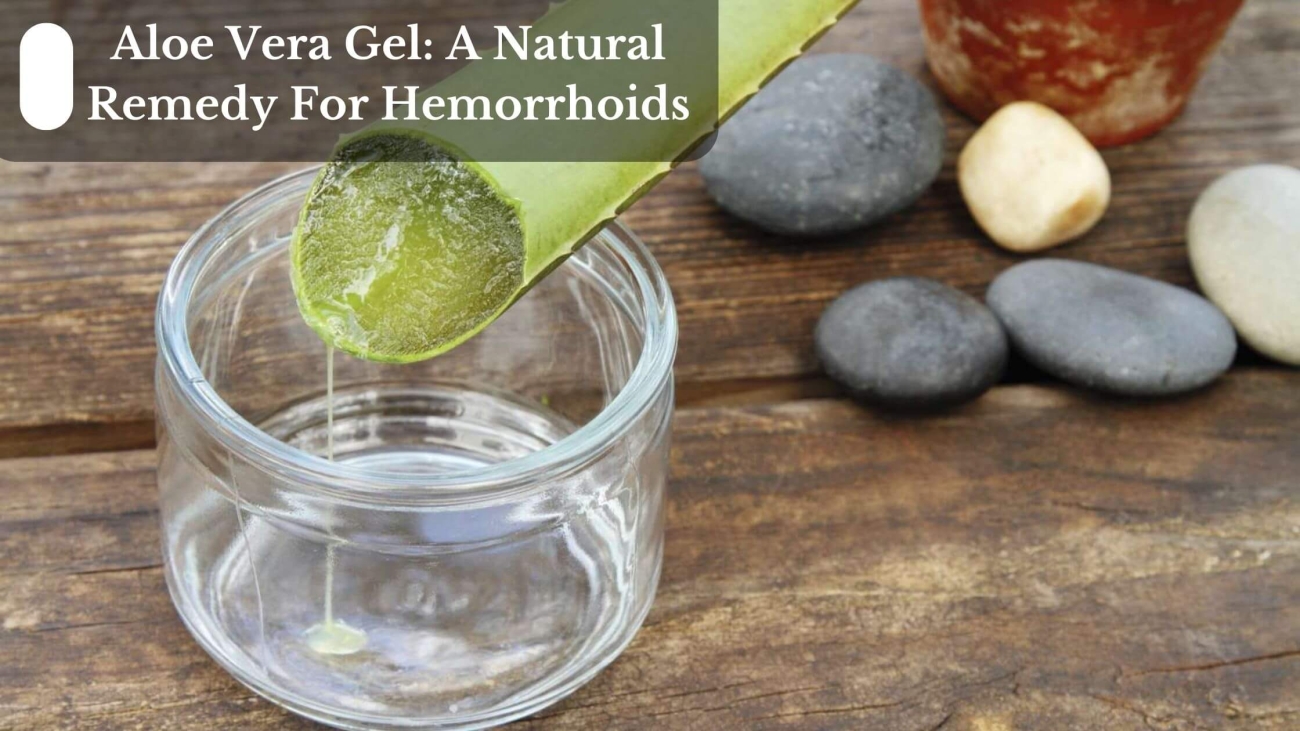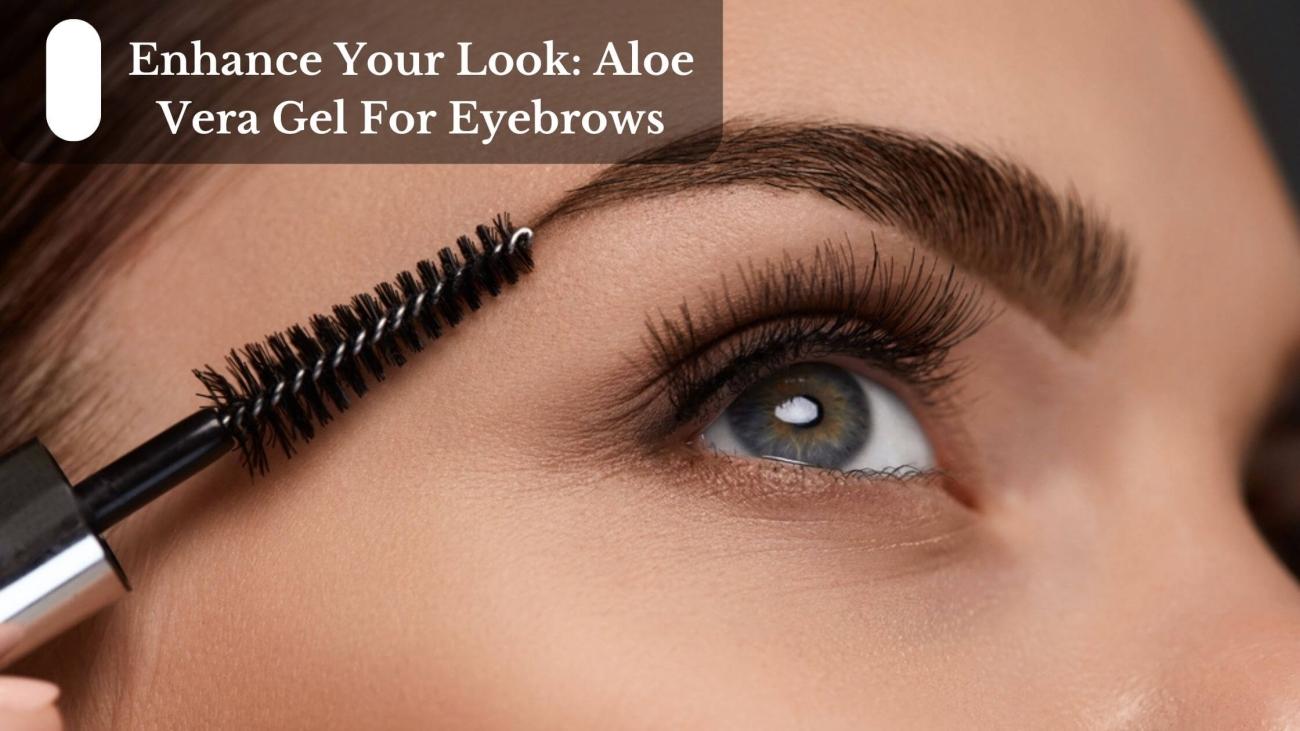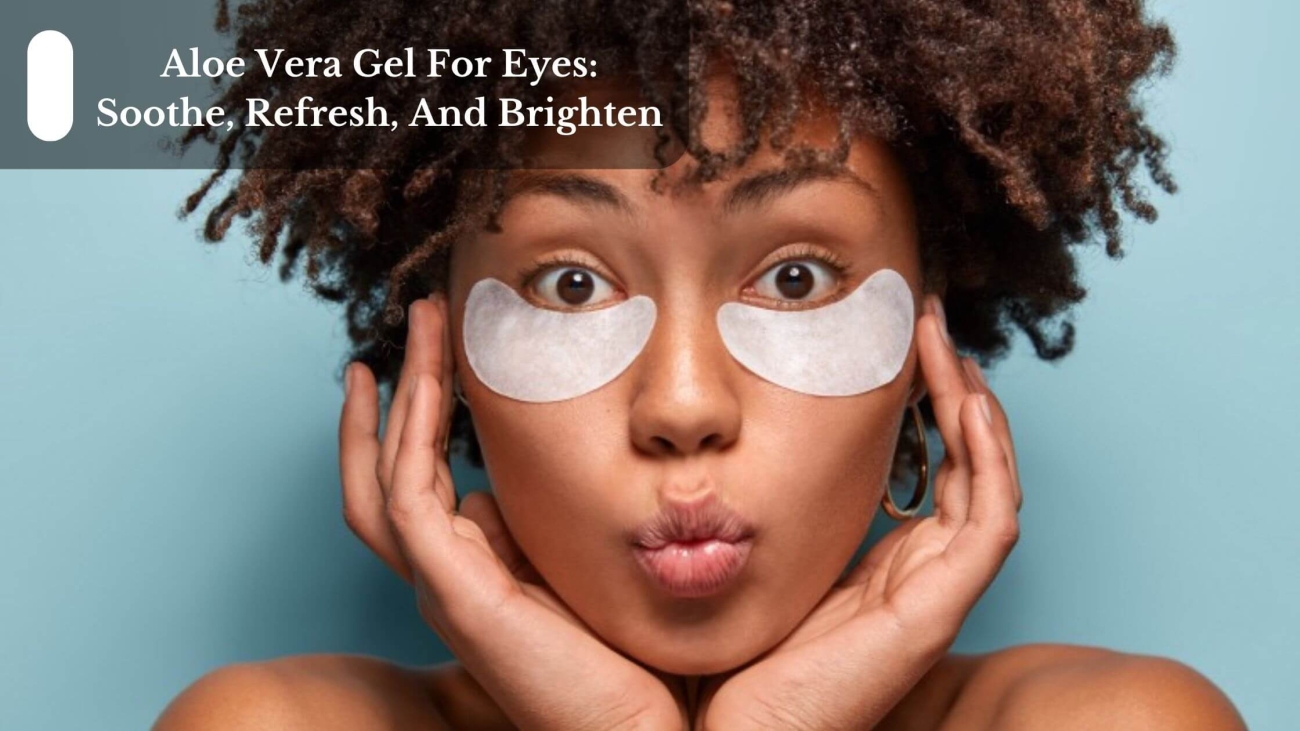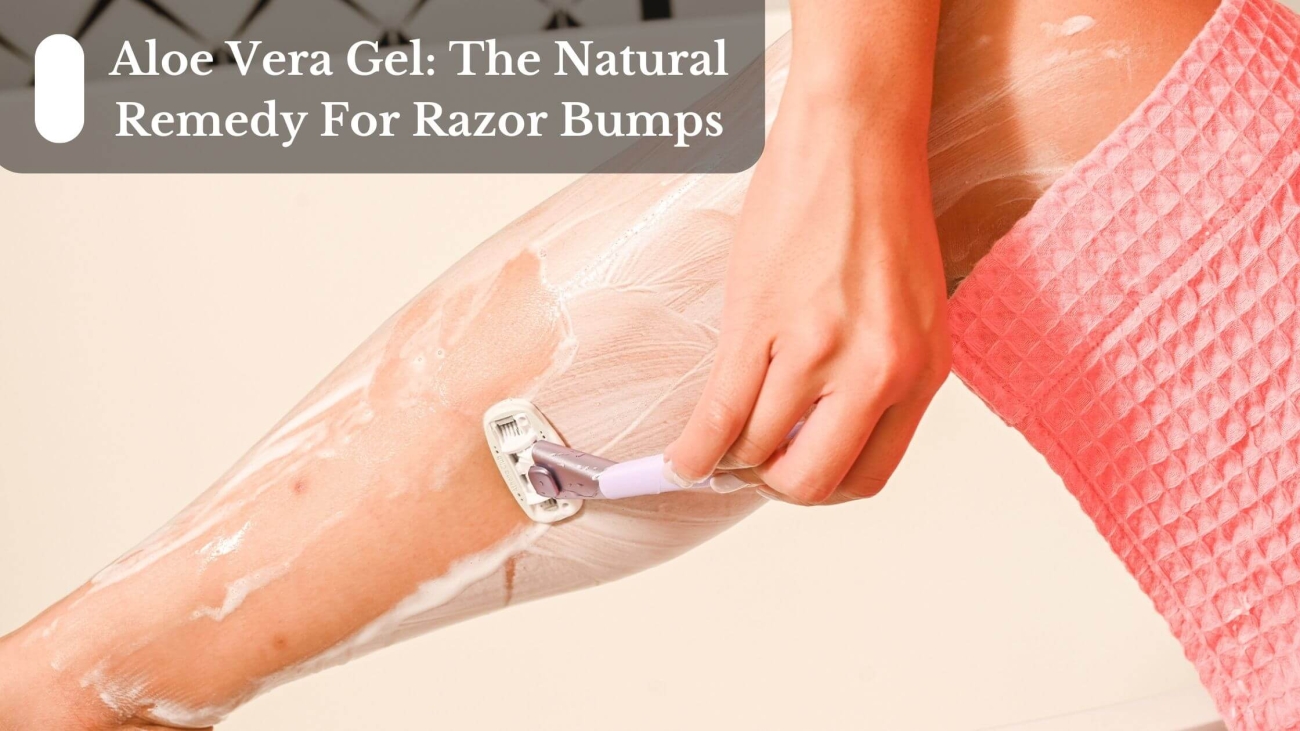Ulcerative colitis. Have you heard of this condition before? Well, if not today we will talk about ulcerative colitis and how this condition affects your body. Not only this but we will also consider the natural remedies for ulcerative colitis including Aloe Vera Gel for ulcerative colitis. Aloe Vera Gel has been in the hype for quite a lot of time. Many people relish using Aloe Vera Gel in their daily routine including skin care, hair care, and body care routine. Not only this but Aloe Vera Gel for the body is a great option for people who are looking for natural ways to treat bodily conditions. Aloe Vera Gel not only benefits your skin in the most wonderful ways but also has some incredible benefits for your body. One such benefit or usage is using Aloe Vera Gel for ulcerative colitis.
You may also like:
What Is Ulcerative Colitis?
As per studies and medical terms, ulcerative colitis is a kind of IBD disease. IBD or inflammatory bowel disease leads to inflammation and ulcers in your digestive system. This undeniably pains me a lot and has a very discomfort feeling. Ulcerative Colitis impacts the inner lining of your large intestine which is also known as colon and rectum. Many people suffer from this disease as it does not appear suddenly. The symptoms of ulcerative colitis appear over time and cause a lot of pain in the digestive tract of your body.
Symptoms Of Ulcerative Colitis
While the disease causes intense discomfort and pain around your digestive tract, there are some major symptoms of this disease. The symptoms of ulcerative colitis usually depend on the aspect of inflammation. It is majorly triggered by the severity of inflammation and where it occurs in your body. So, here are some of the major signs and symptoms of ulcerative colitis that everyone should know:
- Ulcerative colitis leads to diarrhoea which often results in the accumulation of pus or blood in the affected area.
- You may experience rectal bleeding very frequently. It usually comprises a small quantity of blood with stool that passes.
- Ulcerative colitis leads to a lot of abdominal pain and cramping around the stomach and genitals.
- The extreme weight loss that you might experience over time might be a symptom of ulcerative colitis.
- You will experience fatigue and nausea very often because of this disease.
- The disease also leads to fever.
- If it ever happens in children it restricts their growth.
- Ulcerative colitis induces your urgency to defecate.
Several people these days suffer from ulcerative colitis and have mild to severe symptoms. The duration of the disease may vary from person to person but some people have to bear it for a very long time. This period is known as remission.
Ulcerative Colitis is not restricted to one type. Experts and professional healthcare providers have classified this disease into several sections. Some of the types of ulcerative colitis include:
- Left-sided colitis
- Pan-colitis
- Ulcerative proctitis
- Proctosigmoiditis
All these types of ulcerative colitis have major symptoms that are mentioned above. The symptoms of this disease might overlap at times but a doctor can only tell which type of disease you are suffering from.
Should Aloe Vera Gel Be Ingested For UIcerative Colitis?
Many people these days suffer from this disease and rely on natural remedies to treat ulcerative colitis. Do you know that this condition can become severe at times? So, it is better to consult your doctor before indulging in any natural remedies for ulcerative colitis. However, some people are already on the safe side by using Aloe Vera Gel for ulcerative colitis.
Studies have revealed that the affected people use aloe vera gel for ulcerative colitis to get instant relief in their gut. Aloe Vera Gel has major calming and soothing properties which reduce the inflammation in your gut area and also tackles bowel movements.
Not only this but Aloe Vera Gel is loaded with a bunch of potent vitamins, nutrients, and amino acids which are very beneficial for your health. Ingesting Aloe Vera Gel for ulcerative colitis is a typical situation as it should be done only with prior consultation with the doctor. If your doctor allows you to then you can take it in the form of aloe vera juice.
Whole Aloe Vera Gel For Ulcerative Colitis

Using whole Aloe Vera Gel for ulcerative colitis is one of the best things you can do for this disease. It helps to control bowel movement and also happens to tackle your gut problem well. Even though some of the major causes of ulcerative colitis are still unknown to many people, diet, and stress are considered the prominent ones.
Taking the whole Aloe Vera Gel for ulcerative colitis happens to be a good choice as it calms down your digestive tract. Apart from this, Aloe Vera Gel has various health benefits which majorly help to reduce the inflammation around your gut area and also keep your overall health in check.
Clinical research has revealed that Aloe Vera Gel is available in different forms. It is extracted as a topical gel and then formed in various kinds including aloe vera juice, capsules, aloe vera extract, and more. So, before ingesting Aloe Vera Gel for ulcerative colitis, it is important to talk to your doctor if it won’t affect you negatively.
You may also like:
A few studies have found that Aloe Vera Gel actually helps to improve the inflammation in your gut area and also tackles other diseases associated with IBD. A study demonstrated that almost 30% of people take aloe vera gel for ulcerative colitis or aloe vera juice for improvement the results demonstrated that almost 14% of people have experienced instant relief in the condition.
Takeaway
If Ulcerative Colitis has been hampering you for a very long time, it is better to consult a doctor. Doctor’s consultation comes first whenever you are going through such typical diseases. But, as per Ayurveda and organic treatment, natural remedies also work. So, include aloe vera gel for Ulcerative Colitis in your routine after consultation. You can buy pure aloe vera gel for this purpose from mokshalifestyle.com


